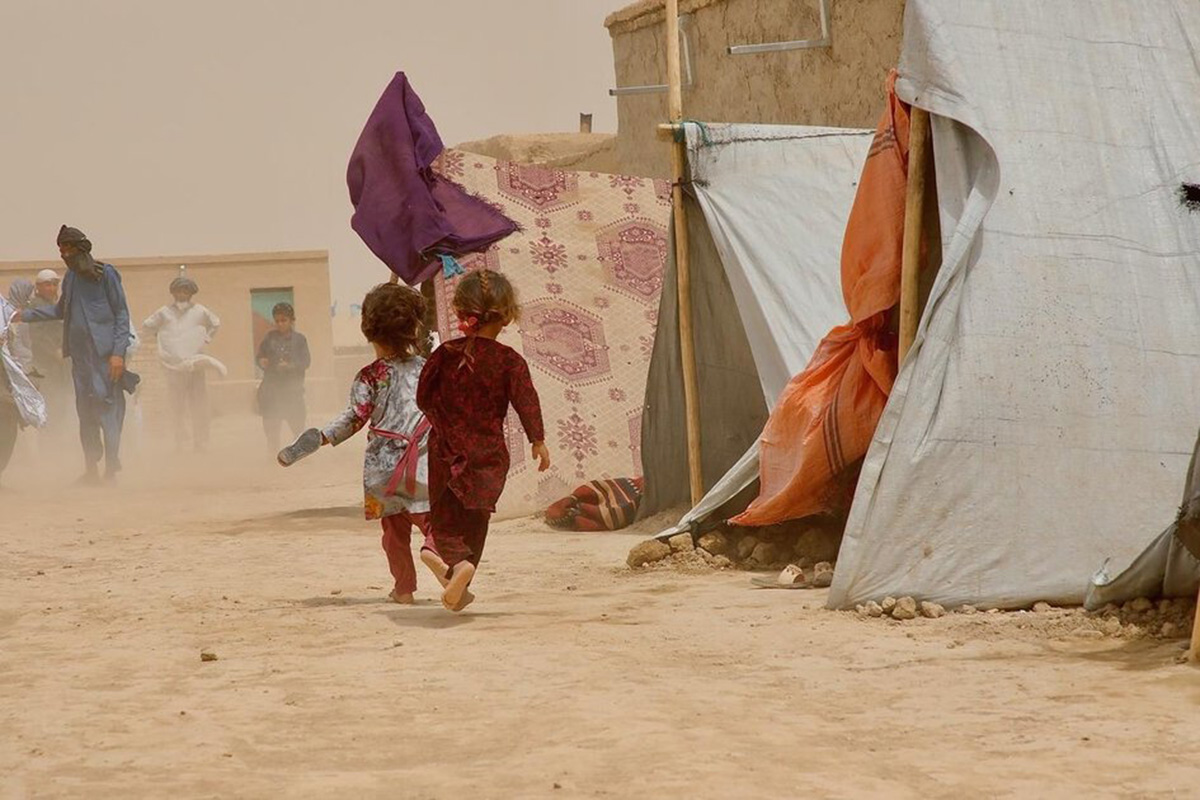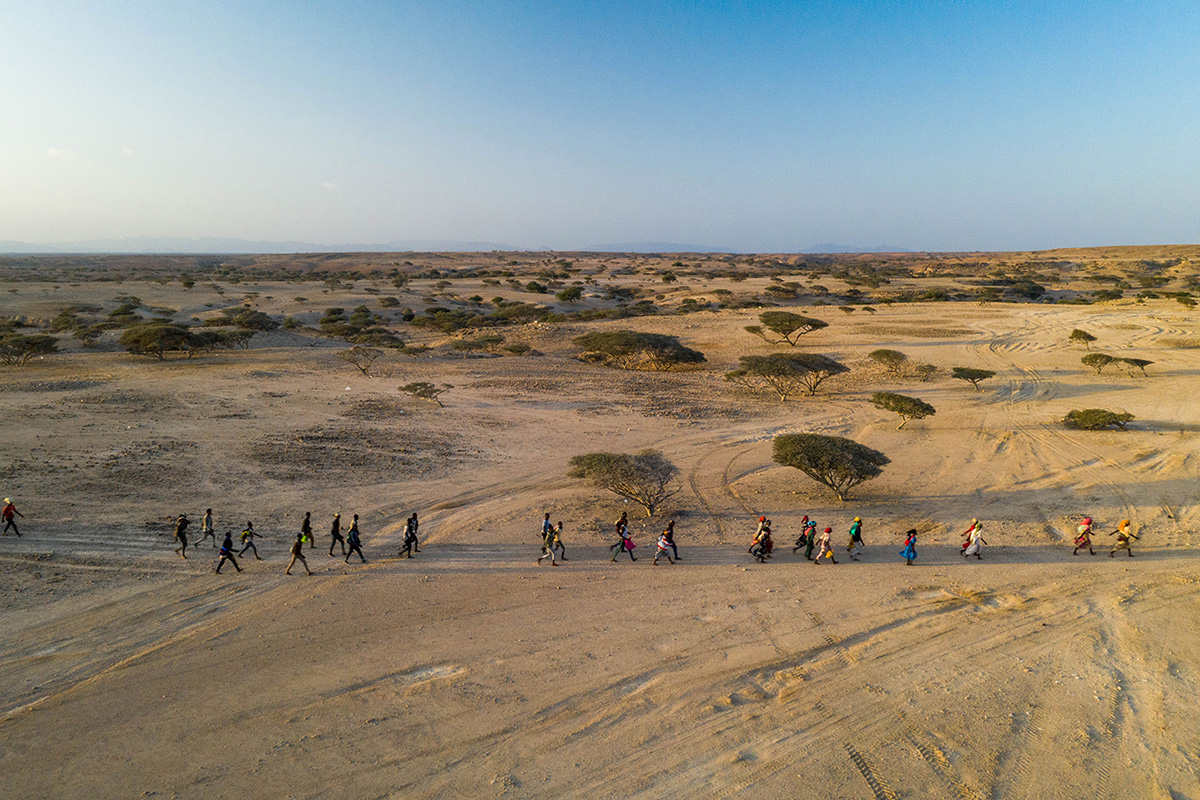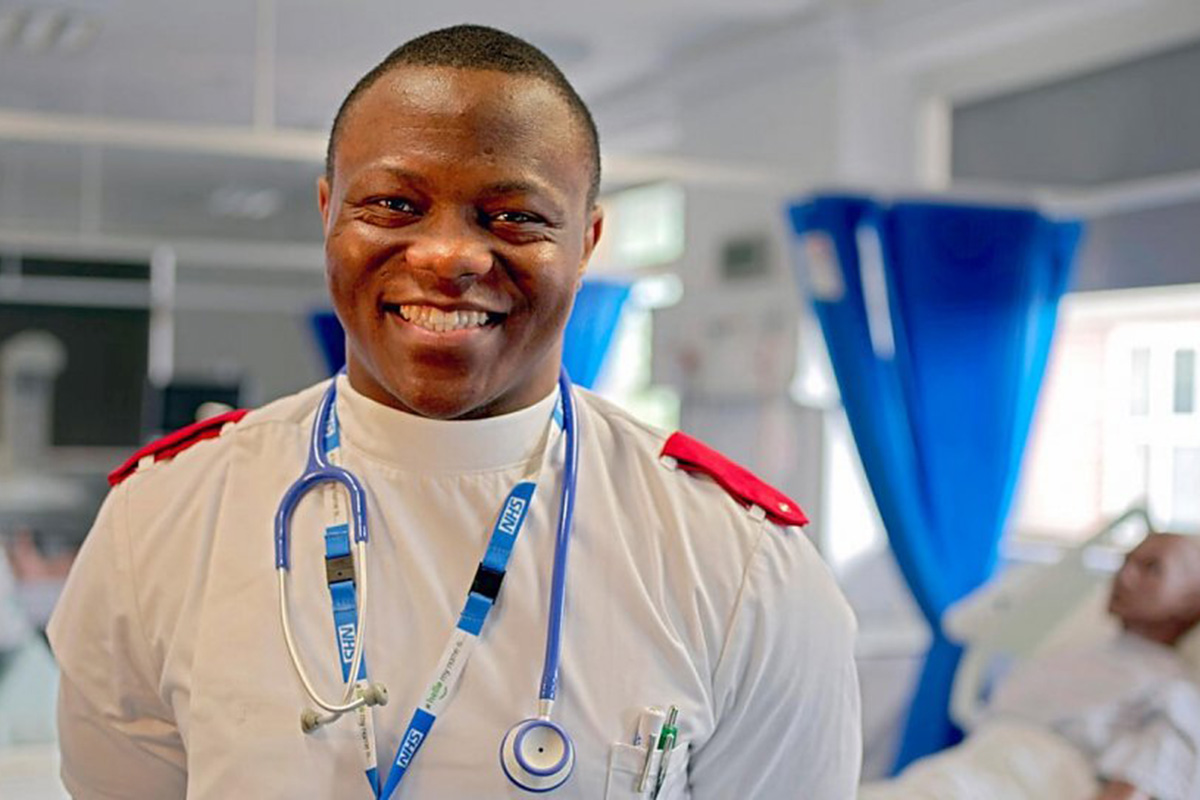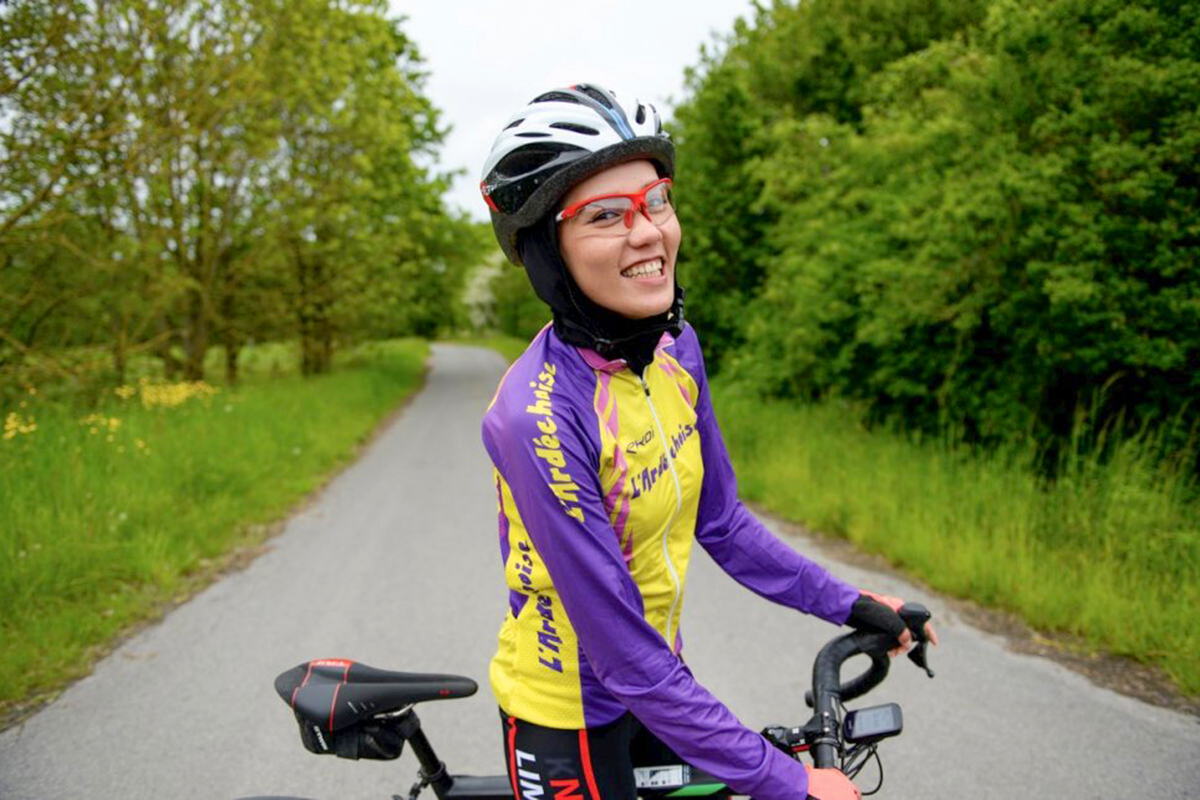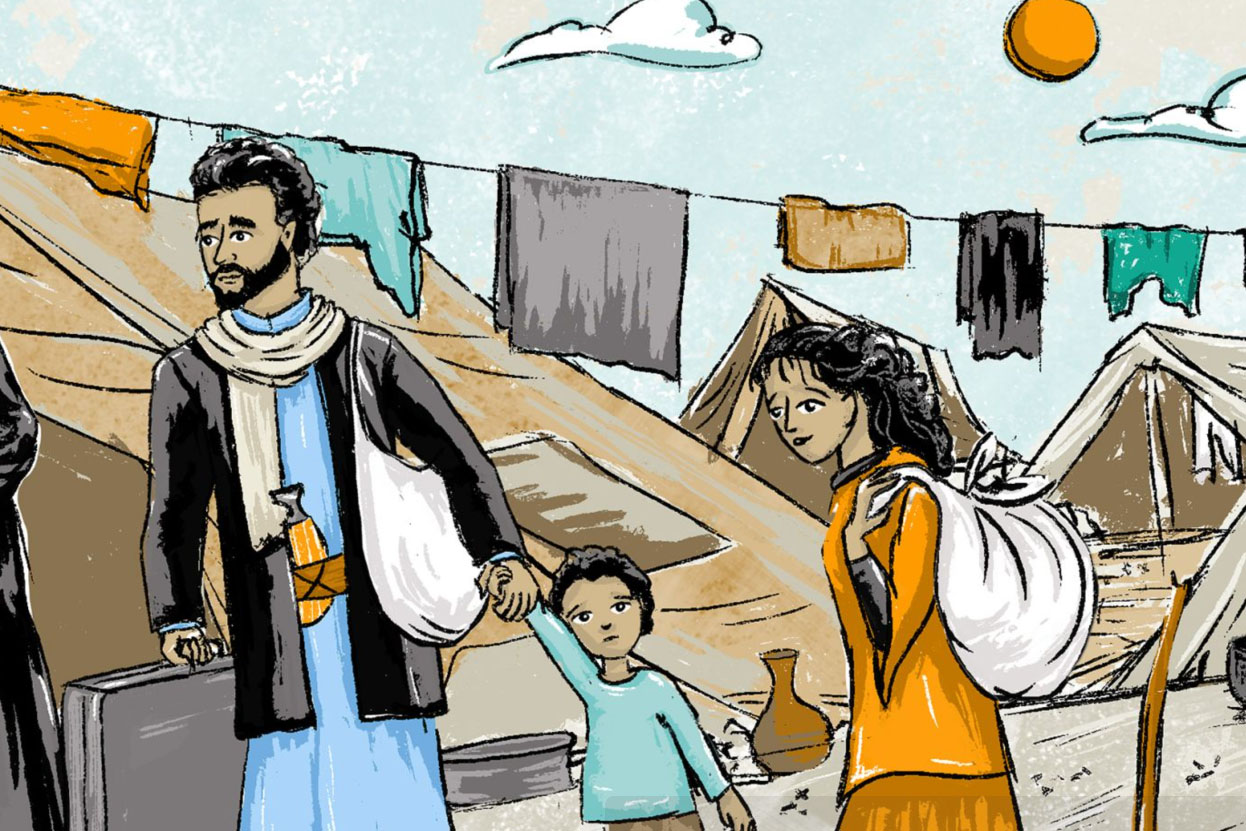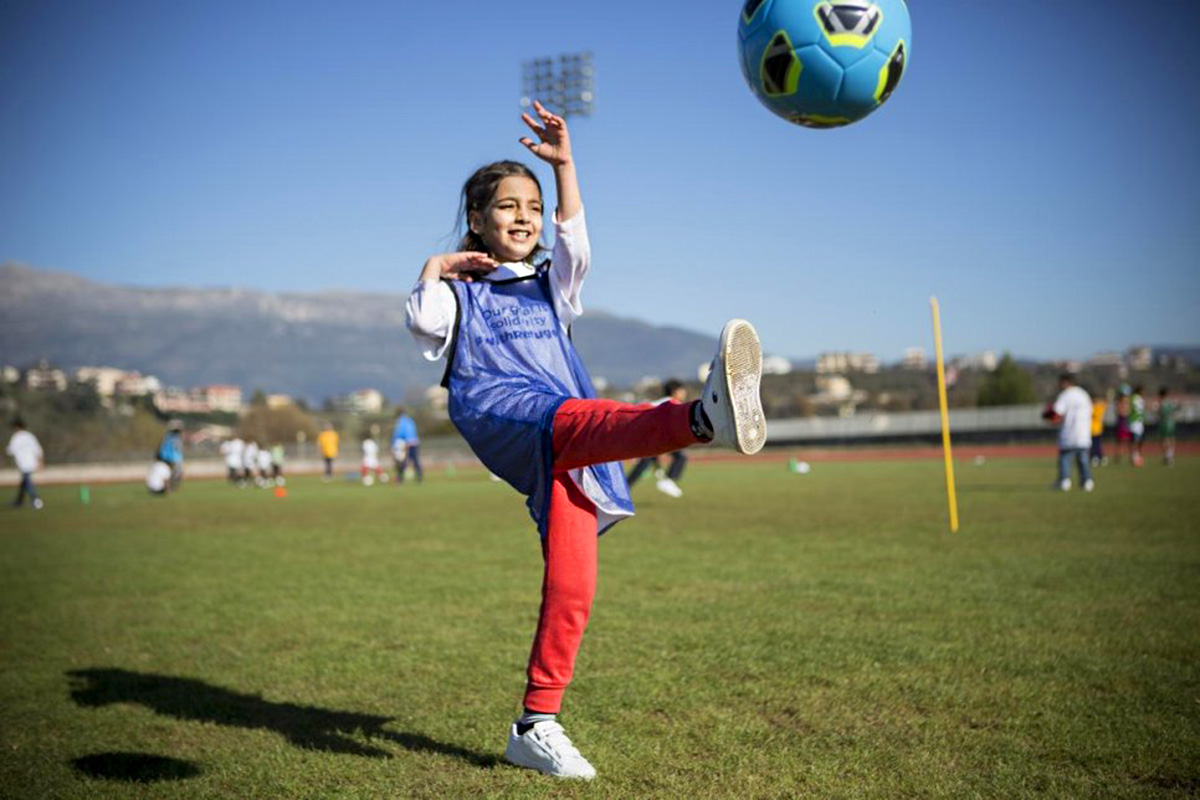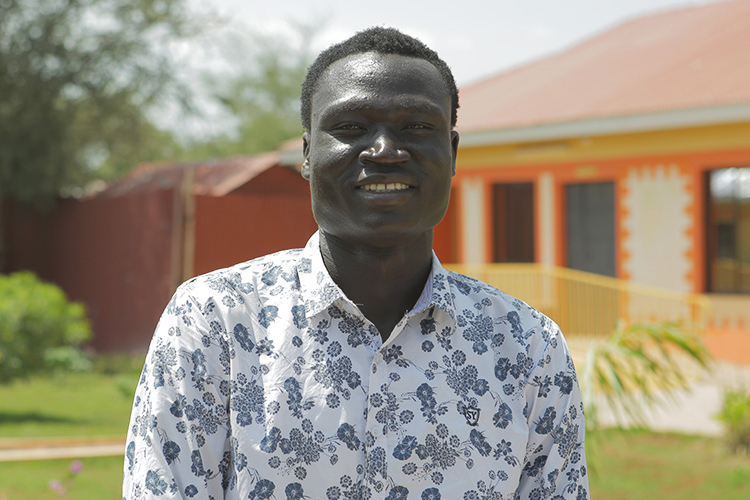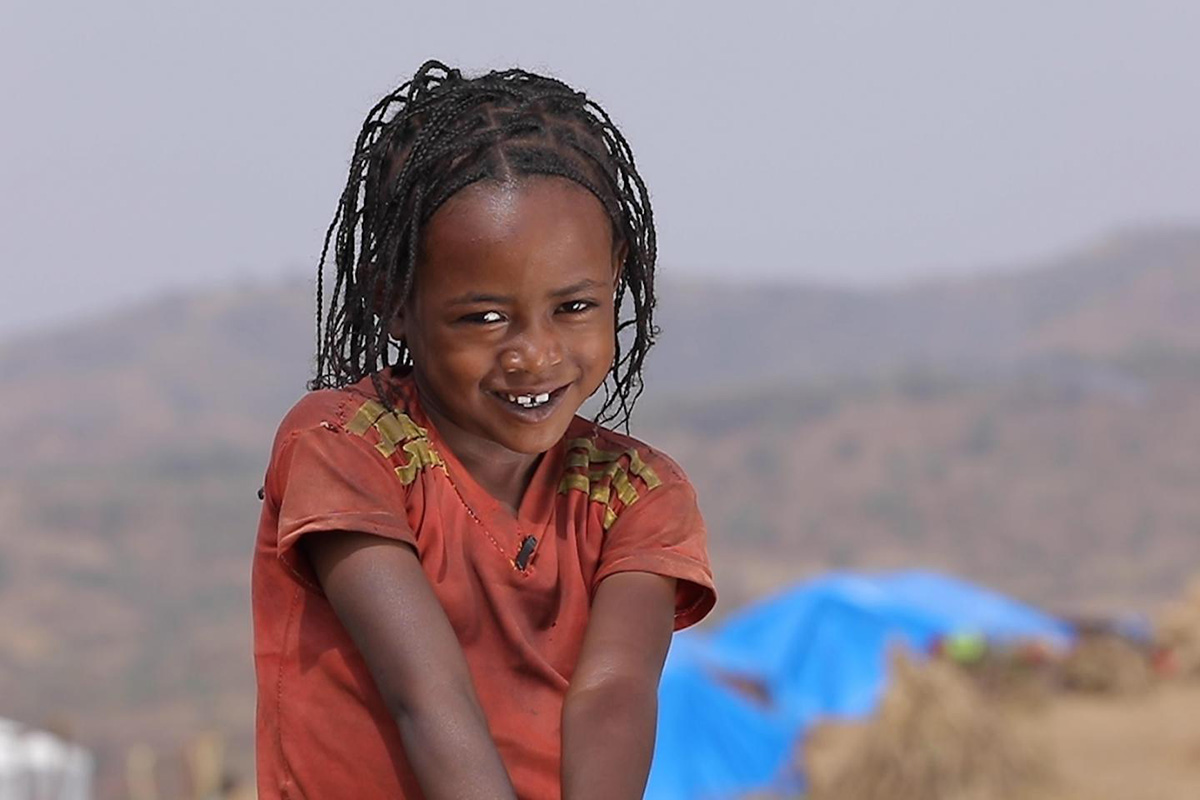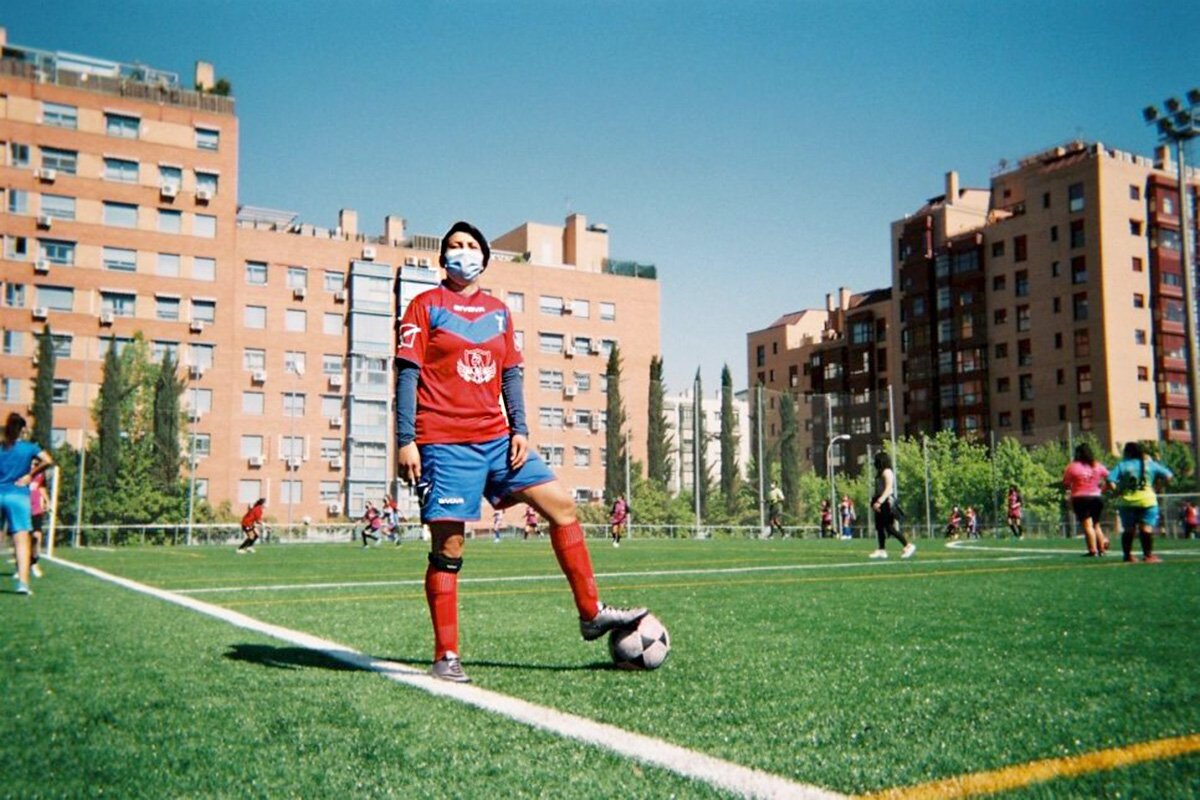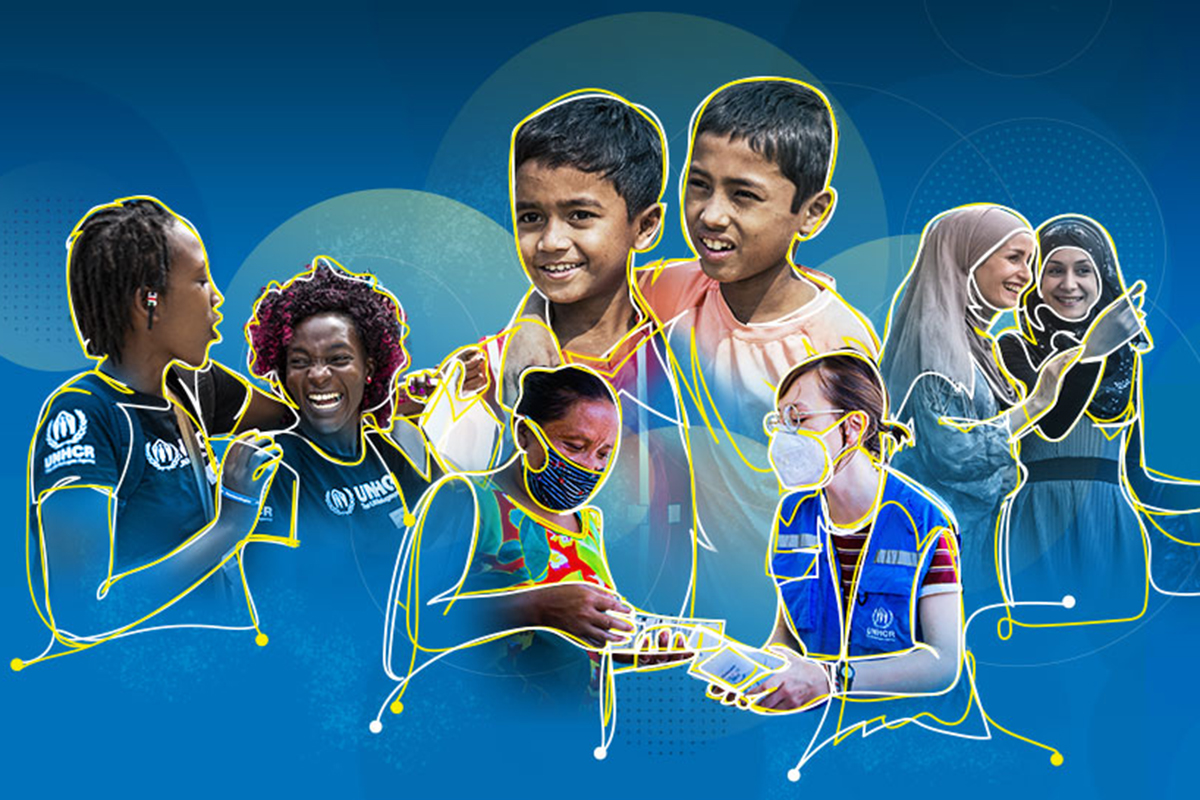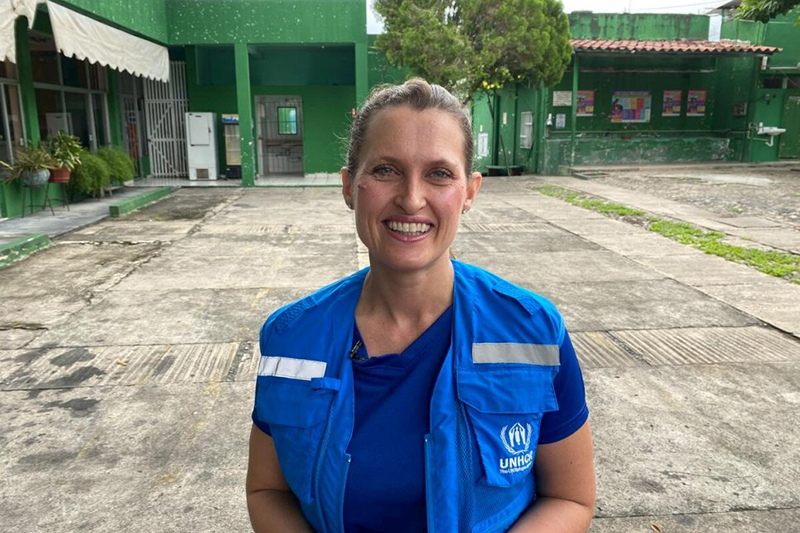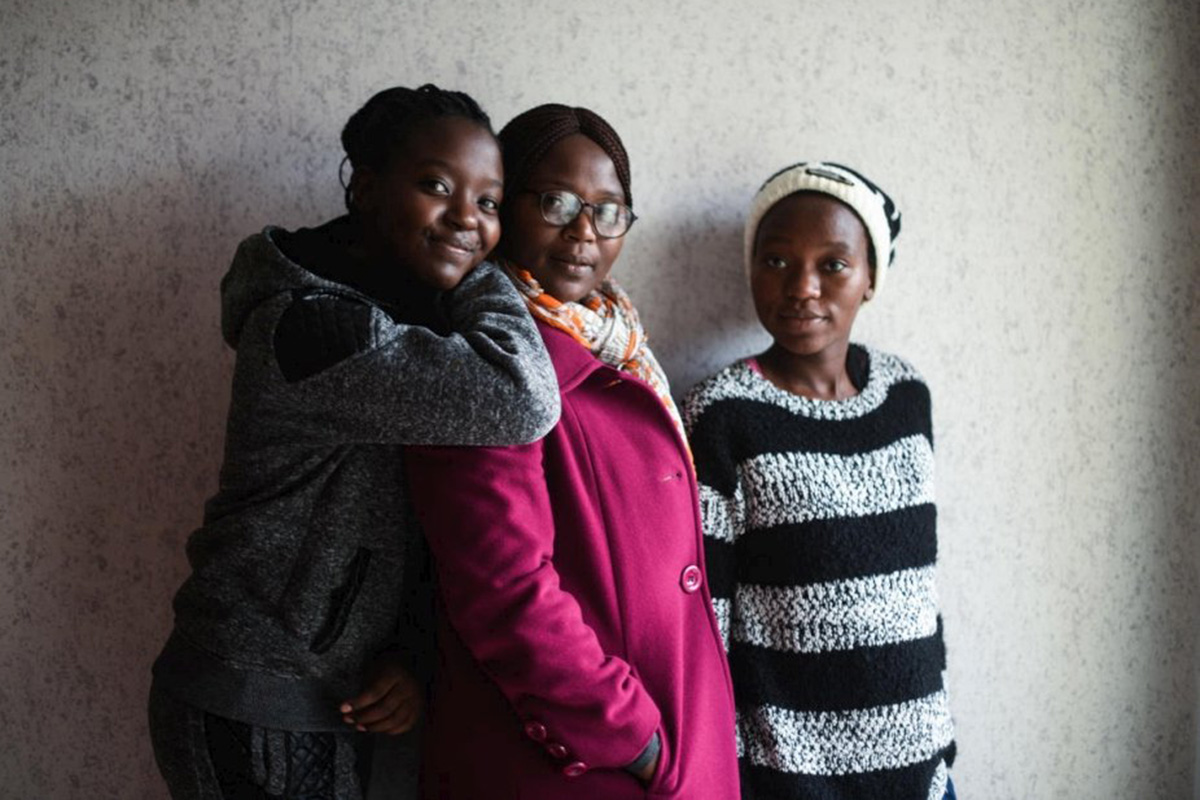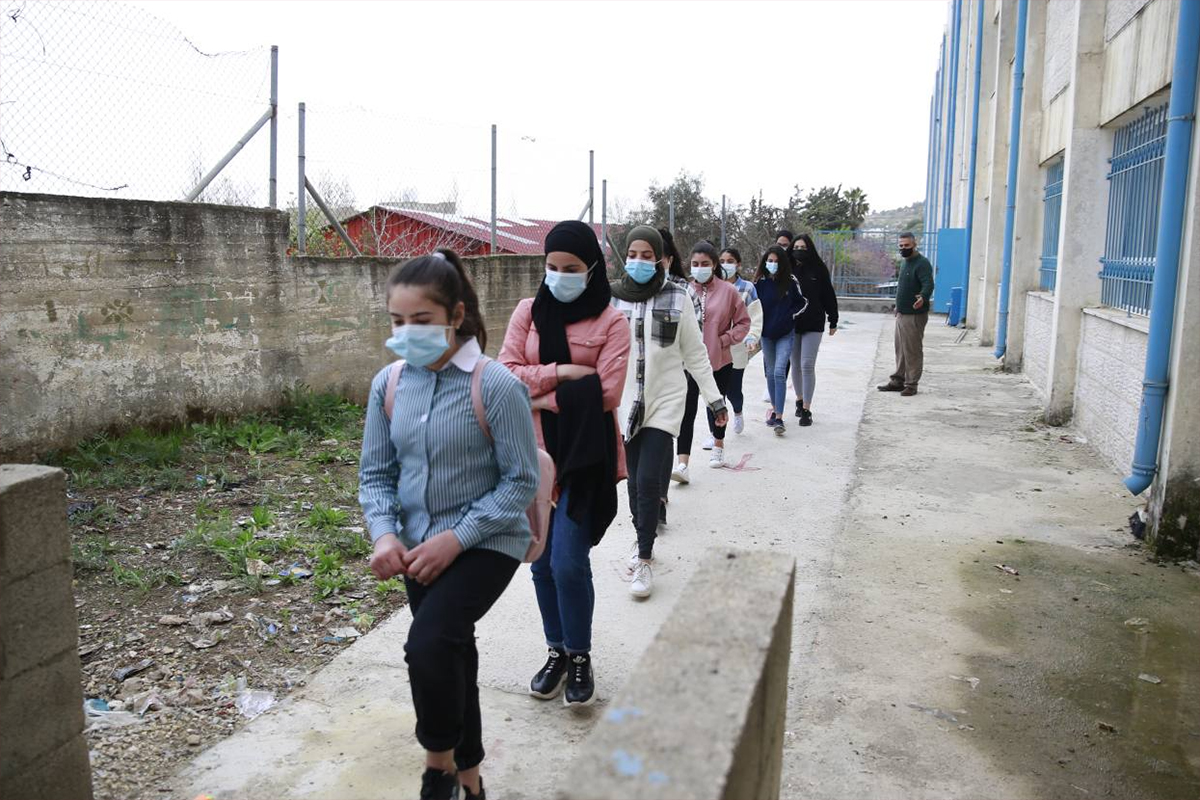The UN Refugee Agency released a non-return advisory for Afghanistan, calling for a bar on forced returns of Afghan nationals, including asylum seekers who have had their claims rejected. In the wake of the rapid deterioration in the security and human rights situation in large parts of the country and the humanitarian emergency, UNHCR calls on States to halt forcible returns of Afghan nationals who have previously been determined not to need international protection. UNHCR remains concerned about the risk of human rights violations against civilians in this evolving context.
Ethiopian men make up 72 per cent of movements of migrants heading to Djibouti, but IOM is observing a higher number of unaccompanied migrant children taking this dangerous journey.
From battling depression and homelessness to helping carry the Olympic flag into the Tokyo stadium for the Opening Ceremony, UNHCR presents weightlifter and refugee athlete Cyrille Tchatchet.
UNHCR celebrates the 29 refugee athletes heading to Tokyo. They will compete in 12 Olympic sports, bringing further awareness to the plight of over 80 million displaced people worldwide.
Years into civil war, millions of Yemenis are in desperate need of food, shelter and healthcare. Already the poorest country in the Middle East and North Africa, persistent conflict since 2015 has kept Yemen in a relentless state of crisis. The COVID-19 pandemic has further torn at the seams of thread-bare medical and social protection systems, intensifying the need for urgent action. Amidst this expanse of uncertainty, the stories of the Yemeni people are full of rebuilding, hope and resilience. Read the story of Hassan's family and others, who have been helped by the World Bank and its partners.
Akaka is the Project Coordinator for Media Movers, which is an arm of narrative change charity On Road Media. The charity brings together young people with migrant backgrounds to work with media and pop culture professionals in the United Kingdom. By emphasising shared values, they aim to influence and inspire better coverage on migration. On Road Media also recently contributed to the toolbox - a seven-step guide to rethink and change narratives on migration - developed by UN Human Rights and partners and launched last year as part of the #StandUp4Migrants campaign.
UEFA, European football’s governing body, and UNHCR teamed up to recognise six European national football associations for using the game’s unifying power to help refugees rebuild their lives. Each successful association - Armenia, Bulgaria, Croatia, Finland, Northern Ireland, and Wales - will receive €50,000 to support social responsibility projects that are helping refugees reintegrate into society. Since its launch in 2017, the UEFA’s Football and Refugees Grant Scheme encourages national associations to support the inclusion and integration of refugees through football.
Nhial Deng has been a refugee for nearly half of his life. Fleeing his village in Ethiopia after an armed militia attack when he was 11 years old, he walked hundreds of kilometres for days, alone and without family, to reach Kenya. At Kakuma Refugee Camp, which is home to around 160,000 people, he found a foster family that restored his sense of belonging. “I had friends, I felt like I was part of something, I felt like I belong here,” he explains. Today, Nhial heads an organisation that provides mentorship and empowerment activities for young people at Kakuma.
Eight-year-old Gabezech is one of the many children displaced since chronic border disputes erupted in violence around the Konso zone in southwestern Ethiopia, in late 2020. Tens of thousands of children have been uprooted from their homes, many separated from their families, leaving them at greater risk of disease, struggling to find shelter, and more vulnerable to violence. But conditions at these sites are often dire. The camps are overcrowded and unsanitary. UNICEF is supplying families with water treatment tablets to prevent diarrhoea.
With disposable cameras, participants capture the unfiltered realities of their football lives and communities, as UNHCR’s Goal Click Refugees campaign reveals the power of sport.
World Refugee Day 2021 focuses on the power of inclusion. The shared experience of COVID-19 has showed us that we only succeed if we stand together. We have all had to do our part to keep each other safe and despite the challenges, refugees and displaced people have stepped up. Given the chance, refugees will continue to contribute to a stronger, safer, and more vibrant world. Therefore, the UN Refugee Agency's World Refugee Day campaign calls for the greater inclusion of refugees in health systems, schools, and sport. Only by working together can we recover from the pandemic.
There is little information on the situation of older persons on the move in the Latin American region. This regional evaluation is the first one to make a comprehensive analysis on the intersectionality between ageing and human mobility. The current situation of the COVID-19 pandemic is also analysed, including the worsening access to rights and services and the impact in their lives. With this report, HelpAge and UNHCR aim to cast light on the challenges and risks faced by older persons on the move so that actions are taken to ensure they are not left behind.
Kristin Riis Halvorsen, UNHCR’s head of office in Tapachula, Mexico talks about how rewarding her job is, because it allows her to do something meaningful, but she also grapples with decisions about what the organization can and cannot do. "It would have been amazing to live in a world where no one was forced to leave their home," she says.
A new study released today shows that 1.5 million people from nations driving major refugee movements were admitted by 35 OECD countries and Brazil on family, work and study permits in the decade just prior to the COVID-19 pandemic. The latest report by UNHCR and the OECD , titled “Safe Pathways for Refugees II”, examines admissions from 2010 to 2019 of people from seven countries propelling displacement: Afghanistan, Eritrea, Iran, Iraq, Somalia, Syria and Venezuela.
Fatima Katash is an 8th grade student at the UNRWA Jalazone Basic Girls’ School. Jalazone camp is adjacent to the Israeli settlement of Beit El. Because the settlement and camp are so close, Israeli security patrols and a military presence often lead to clashes with Palestine refugees. During incidents, the UNRWA protection team directly interacts with the Israeli military to advocate for the protection of the children and to de-escalate the situation. The team also helps coordinate the evacuation of students and staff, in the event of clashes.

